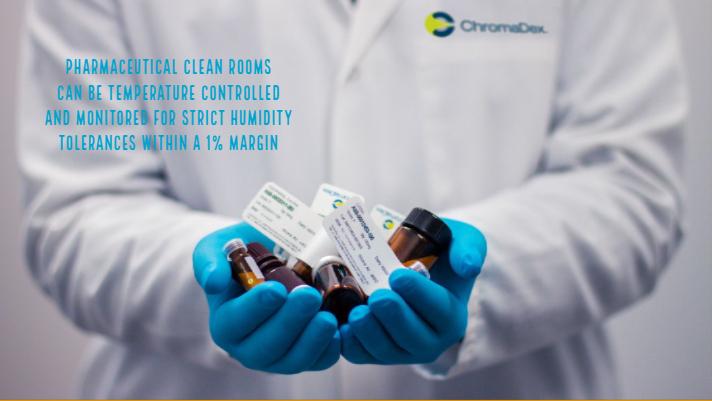
Storage Conditions and Chemical Purity
Why are storage conditions for drugs so important? How do chemical manufacturers assess purity of chemicals they use for drugs? Why should you care?
You reach into the bathroom cabinet for your over-the-counter painkiller of choice to stifle an oncoming headache. You shake two pills out of the container and then notice the bottle's expiration date says the drug is two years old. You shrug, pick up a glass of water and gulp down the pills in one swig. Since it's two years out of date, you go ahead and toss down another. What harm can it do? Unfortunately, while most people would never eat food that is two years past its expiration date, many people don't take the same approach to expired medication. However, the chemical makeup and potency of drugs can change considerably over time.
It is known that many chemicals loose their potency overtime, but as it turns out, chemical manufacturers and research labs are finding storage conditions have a significant influence on drug life and quality. A recent article from Texas AandM University Health Science Center warns that as the drug breaks down, the chemistry could be changing. That means an innocuous OTC pill could become very harmful.
Signs to look out for include:
- Bad or funny smell
- Bad taste
- Color change
- Texture change
To help extend the life of the drug's chemical purity, it should be stored properly. Unless otherwise specified by the company, label, or pharmacist, most ideal conditions are dark, cool, and dry places. Some drugs are sensitive to light, which speeds up the process of degradation. Humidity, if left uncontrolled, can also play a major role in chemical breakdown. If drugs are delivered to a home by mail services, arrangements should be made to quickly remove them if it is projected to be hot or humid that day. It is also recommended to keep drugs out of the bathroom cabinet because humidity fluctuates when showering.
How Do Chemical Manufacturers Assess Purity?
Chemical manufacturers are dedicated to assessing chemical purity before it makes their products make it to the market. The process begins with a strict adherence to clean room standards and GMP quality control.
- Clean Rooms: Clean rooms are a controlled space that reduce airborne contaminants that could react with the substances being handled. The rooms can be temperature controlled and monitored for strict humidity tolerances within a 1% margin.
- GMP Quality Control: GMP stands for Good Manufacturing Practices, which are regulations established by the U.S. Food and Drug Administration. They are laws that require chemical manufacturers to ensure cleanliness of the work environment and proper documentation to ensure only the purest chemical products are produced. These standards are to protect the company and the consumers.
A clean orderly work environment is essential, but exactly how do chemical manufacturers assess purity of the chemical itself?
They start simple and observe the signs mentioned earlier for evaluating chemical degradation. They may perform physical tests such as assessing melting and boiling points. The reaction of the chemical can be an indicator for what substances or impurities may be present. Another way is through the use of chromatography, which is a way to separate a mixed substance by passing it through another medium. All chemicals are put through rigorous testing to meet GMP standards before being released.
Once they are out on the market, it is up to the consumer to store them appropriately.
